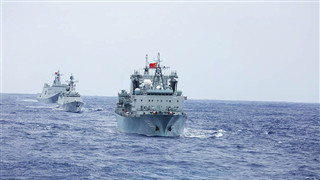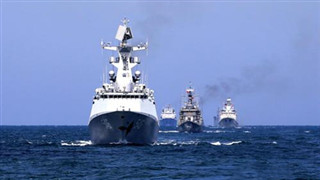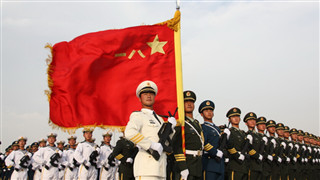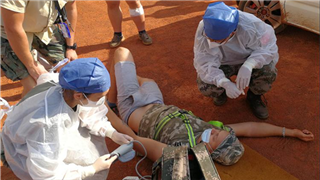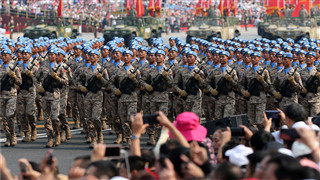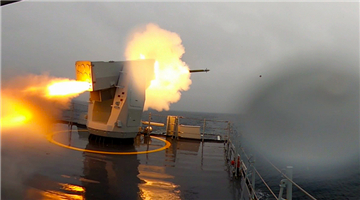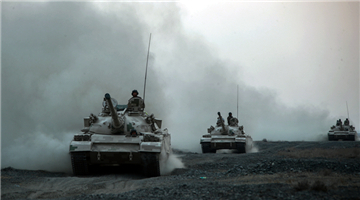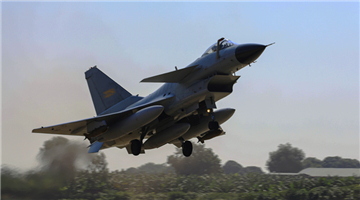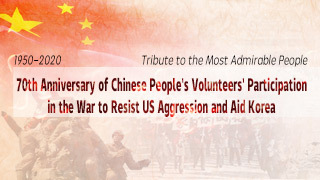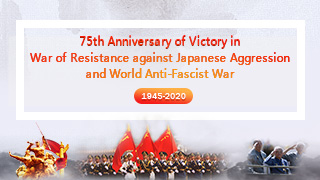By Yang Haicao
During the War to Resist U.S. Aggression and Aid Korea, the offensives launched by the Chinese People’s Volunteers (CPV) could only last seven days each time due to untimely logistics supplies. Later, Matthew Bunker Ridgway, commander of the American troops, found out this pattern and labeled it as the “weekly offensive,” and recalibrated their own moves accordingly to launch counterattacks when the CPV’s offensives were coming to an end, making it suffer losses. “There is no way to sustain a modern warfare without sufficient logistics support and material supply,” said Peng Dehuai, the commander-in-chief of the CPV when summarizing lessons from the War to Resist U.S. Aggression and Aid Korea.
As the saying goes, logistics preparations should be made in advance for battles. War is in a way a competition in the ability to ensure logistic support. During the War to Resist U.S. Aggression and Aid Korea, the CPV forces won one battle after another. Still, the insufficient supplies and the untimely treatment of injuries largely impeded their operations. The CPV soldiers “were not afraid of fighting battles, but they were afraid of not having enough food, ammunition or medics”. During the Second Campaign launched by the CPV in November 1950, the 9th Group Army suffered a heavy non-combat attrition due to poor logistics support. The troops had to fight on an almost empty stomach, and their winter uniforms were too thin to keep out the biting cold. Marshal Nie Rongzhen made an incisive summary about this. “Strictly speaking, it is through the War to Resist U.S. Aggression and Aid Korea that we have fully realized how important the logistics support is in modern warfare, which is to a large extent a competition in manpower and material resources.”
The more advanced a battle is, the more reliant it is on logistics. It’s safe to say that logistics support is vital for battles of all scale, and you cannot win a war without secured logistics. In the War to Resist U.S. Aggression and Aid Korea, the US-led “UN Forces” even took destroying the CPV’s logistics supply as a means of fulfilling their strategic objectives. In that period, the US army dropped 100,000-ton bombs along the 1,000 km-plus railways in northern Korea. Confronting the enemy’s attempt to strangle the lifeline of the CPV, the CPV troops conducted close coordination to ensure smooth railway transportation. The anti-aircraft artillery troops fended off attacks from enemy aircraft and the railway engineering corps made rush repair of the trains and railroad facilities and organized rush transportation of supplies.
General Hong Xuezhi, who ever held the positions of Deputy Commander of the CPV and concurrently Commander of the Rear Service Headquarters of the CPV, once said that a poor combat preparedness in the rear service work may lead to the overall defeat of the war. The logistics departments of the PLA at all levels should stick to combat preparedness as the fundamental purpose of the rear service work and continuously improve the comprehensive logistic support capabilities.
